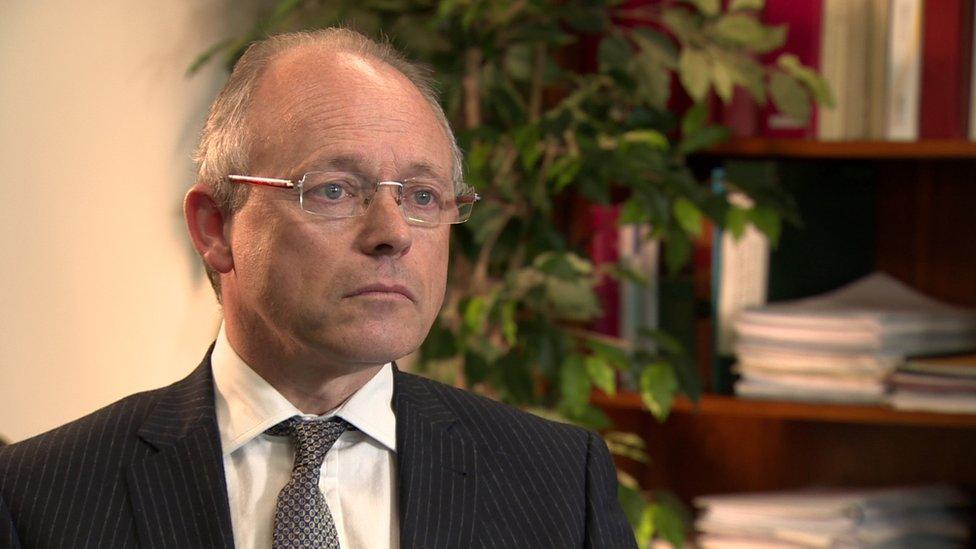Allegations of bias damage public confidence, says PPS
- Published
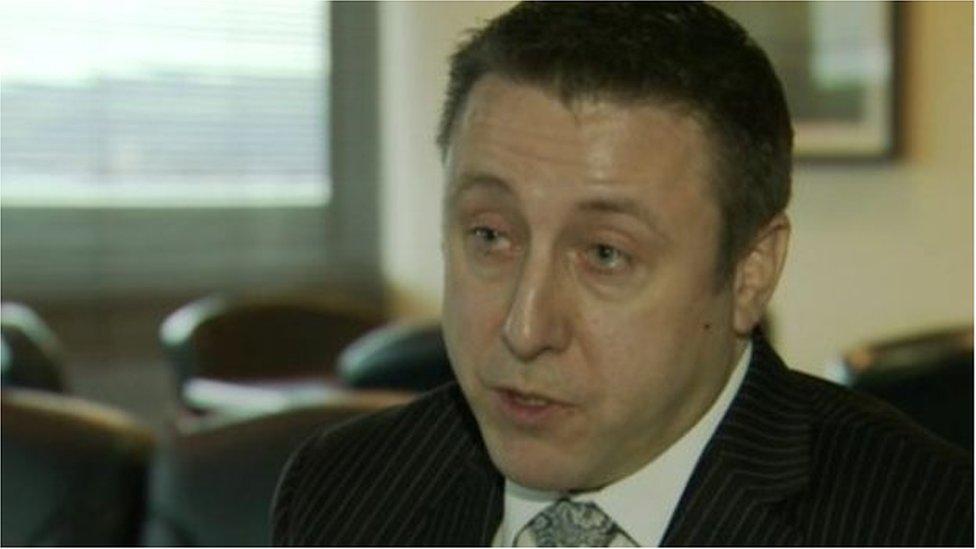
The PPS' Stephen Herron said cases must be prosecuted fairly, as well as robustly
The legal system in Northern Ireland has been under fire in recent months.
The Director of the Public Prosecution Service (PPS), Barra McGrory, has defended himself against allegations of "bias" and "imbalance" over Troubles-related legacy cases.
Fresh evidence in the Kingsmill massacre investigation was deemed not strong enough to proceed with prosecutions.
Families of the victims were left feeling deeply disappointed.
The PPS is dealing with a seemingly constant backlog of case files and ever-dwindling resources.
The role of the PPS is to decide whether or not to prosecute people for committing criminal offences.
It decides what the correct charges should be and is also responsible for prosecuting cases in court. The PPS does not investigate crimes.
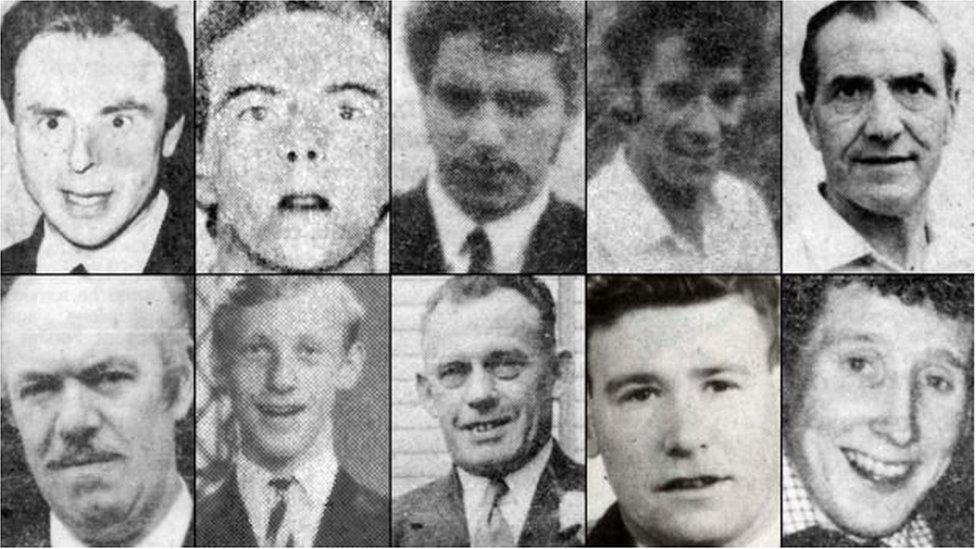
Families of those murdered in the Kingsmills massacre were disappointed with the decision not to prosecute a suspect
That function is carried out by the PSNI which sends a file to the PPS to decide who is to be prosecuted and for what offences.
It also deals with investigations by government departments.
The most serious offences are heard before a judge and jury in the Crown Court, less serious cases are heard at a magistrates' court, while cases involving young offenders are dealt with in a youth court.
The PPS is independent of government and the police and no-one can make the service prosecute a particular case - nor stop it from doing so.
"Obviously you can gather evidence which proves that 'X' committed a certain offence," said Stephen Herron, a senior assistant director at the PPS.
"But you also have to make sure that you've gathered evidence that may assist 'X' in the case, and that's a role that, sometimes. the general public struggle with.
"It's our job to prosecute cases robustly, but we also have to do it fairly."
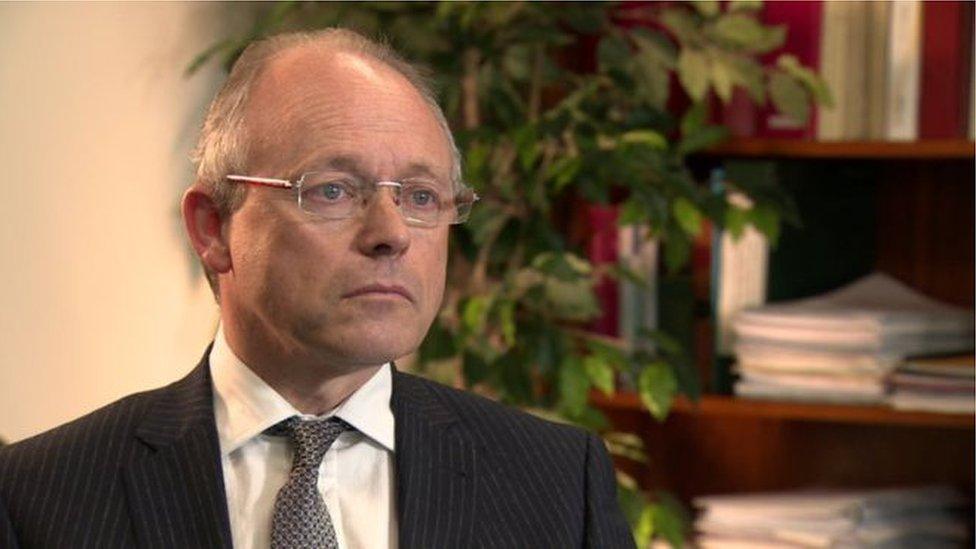
Barra McGrory has defended himself against allegations of 'imbalance' over Troubles-related legacy cases
The PPS works with the police to build cases at a much earlier stage than it did 10 years ago, he said.
"This is to ensure that cases at the outset are looked at strategically, so they are put together in a way that they can withstand robust cross-examination by the defence," he added.
"We also have to make sure we're not building a case where we get a conviction at any cost."
'Fair and impartial'
Stephen Herron was robust in his defence of the PPS following recent allegations of "imbalance" from politicians, including the secretary of state and the Prime Minister, in relation to legacy cases.
"The PPS director is on the record about the impact that such allegations from politicians... can have on the public confidence in the service," he said.
"I'm heartened by the fact that in the last Northern Ireland Omnibus survey around 70% of the public surveyed feel that we did take decisions in a fair and impartial manner."
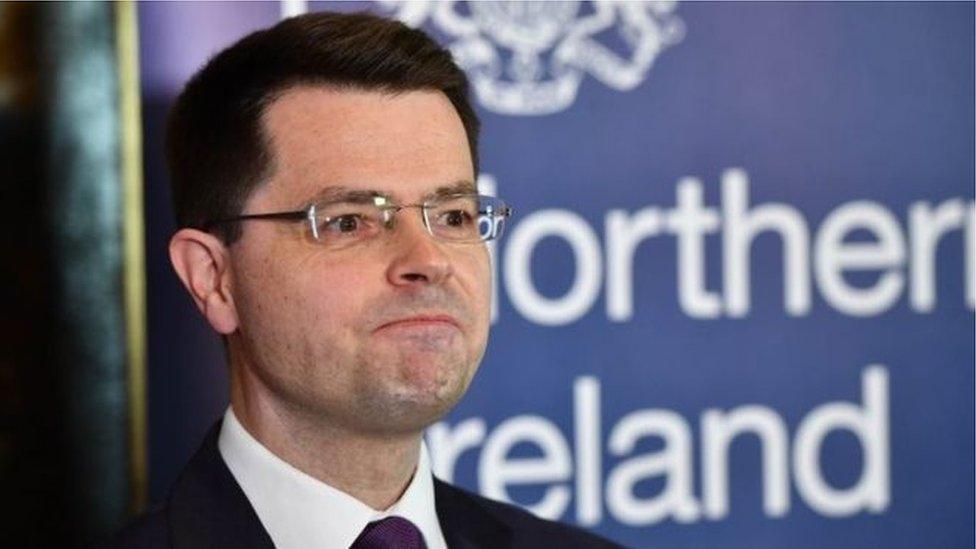
James Brokenshire has said inquiries into Troubles killings are 'disproportionately' focused on the police and the army
The PPS stresses it has a very dedicated team of lawyers and support staff who do everything possible to try to take decisions based purely on evidence, without fear or favour or prejudice.
The legal system can be a very slow process, with suspects on remand for long periods, leaving victims and their families feeling frustrated as they wait for their day in court.
Stephen Herron said it was an issue that is being tackled.
"In Northern Ireland, one of the things we're doing to address delay is looking at legislative reform," he said.
"There needs to be somewhat of a cultural change as well.
"We have to get used to the fact that we cannot continue to have the same level of resource either from the police or prosecutors put into every type of case."
'Fewer and more effective hearings'
The PPS lawyer would like to see a more proportionate approach to lower-level offending.
When the test for prosecution has been met, he said, that does not always have to mean a court hearing.
"In lower-level offending we can offer maybe a caution or informed warning," said Mr Herron.
"There has to be another way that cases are listed in court so that we have fewer and more effective hearings and a lot of that involves us getting it right first time."
The PPS also acknowledges the right of anyone who is not happy with a "no prosecution" outcome to request a review.
"We understand people are going to very disappointed when a case cannot be taken forward on evidential grounds," he said.
"The least we can do is explain the reasons for that and try to do it in a way they can understand because as lawyers we do tend to use legal jargon and that's not of much benefit to someone feeling very disappointed at our decision."
"We have to move the process on so that it's done quicker, not only so that victims and witnesses are given the justice they deserve in a timely fashion but so that it can be done proportionately and more cost effectively."
- Published2 November 2014

- Published29 January 2017
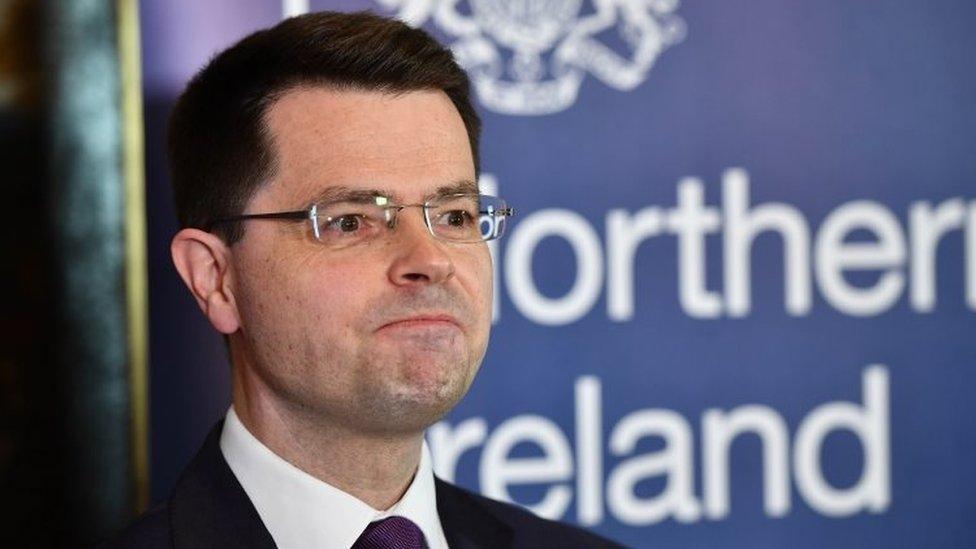
- Published17 January 2017
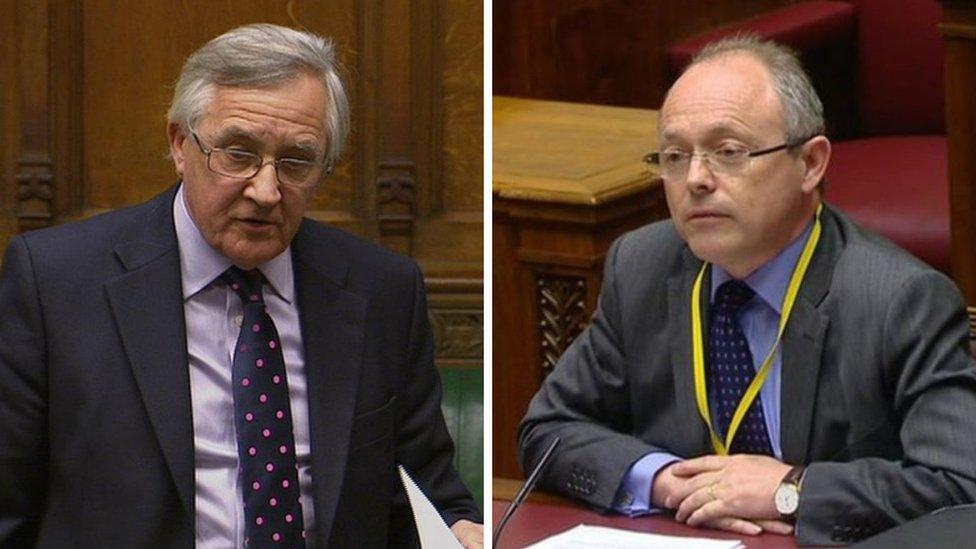
- Published26 January 2017
